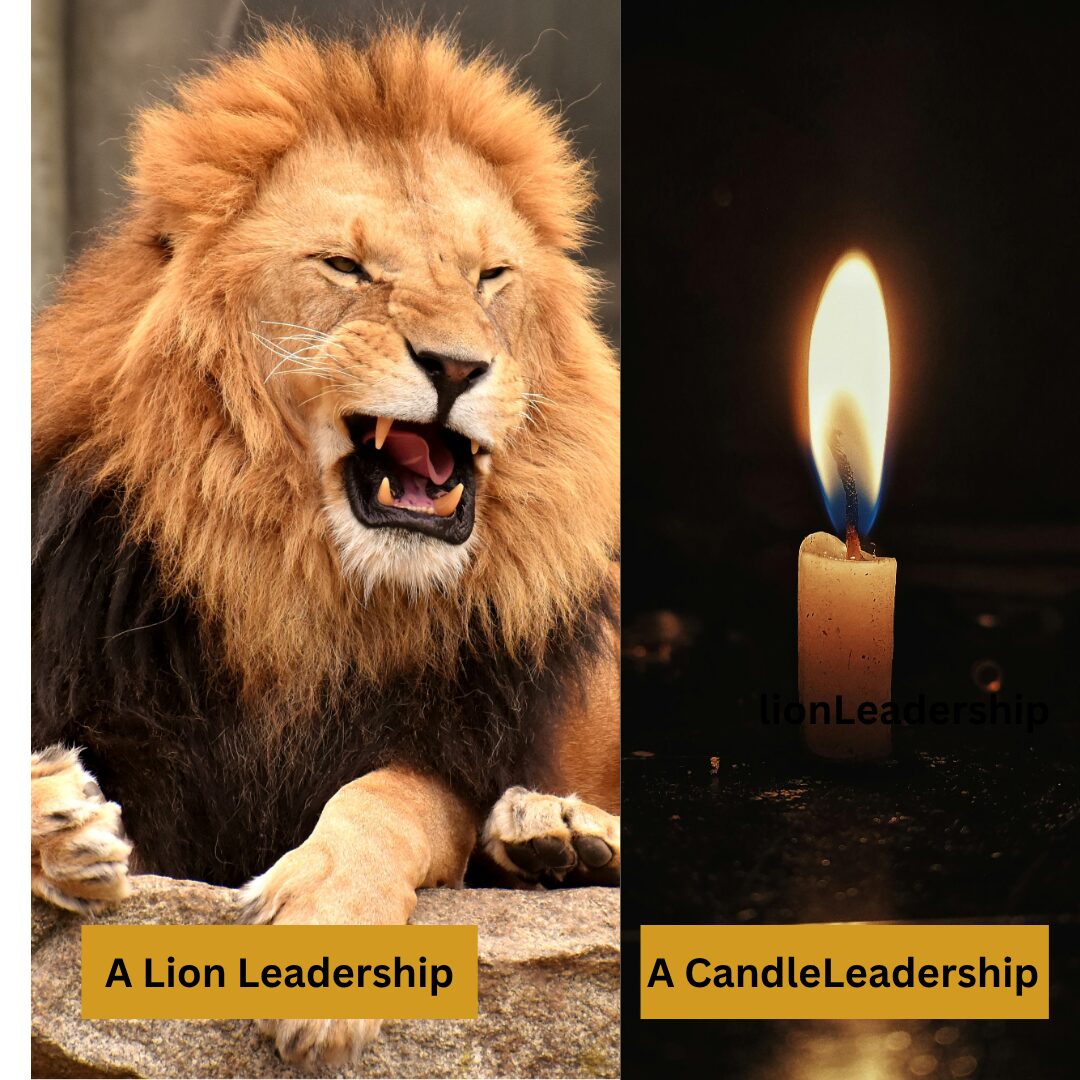

For more than twenty-five years, I’ve stood at the crossroads where management theory meets real-world practice. Having trained thousands of leaders across industries, I’ve observed a fascinating paradox: while every executive brings their own philosophy to relationship-building, the most successful ones all share a common understanding that genuine connection forms the bedrock of lasting success.
When our establishment and conviction in leadership or building businesses are built mostly on scalability and profitability—centering our consciousness and decision-making around these metrics—we risk treating our teams, customers, and operations as a transactions rather than opportunities for meaningful relationship-building.
Within a shift between generations of different workplaces, how do we build institutions and organizations that better prepare relationship building over transactional. I have seen institutions with great foundation being misrepresented by their very foundation cause shareholders are more focus on the transactional flow of the business over people’s relationship
Having worked with various business leaders, startup founders, and managers across different levels, I’ve observed a recurring challenge: when profit becomes the sole focus and interactions turn purely transactional, we cultivate a workplace where employees are present only to earn a living rather than to contribute passionately toward a greater future. This mindset stifles innovation, discourages long-term commitment, and erodes the sense of shared purpose.
So, how do we rewrite or reorganize workplace ethics to prioritize relationships between the business, its customers, and its teams? How do we encourage a cycle of collaboration where employees feel empowered to contribute, grow, and express themselves?
The transactional approach to leadership doesn’t just limit productivity – it fundamentally alters the emotional and psychological state of everyone involved in our business ecosystem: our teams, our customers, and our operational dynamics. When we reduce human interactions to or for exchanges of time for money or services for payments, we create an environment where engagement withers and potential remains untapped.
The Human Cost of Transactional workplace

Meeting objectives will always matter in business, but the magic happens in how we achieve them. Targets become meaningful when pursued by teams who feel understood, for customers who feel valued, within organizations that prioritize human connection alongside bottom-line results.
In my journey, I’ve come to see teams as the living, breathing core of organizational growth. They’re not just resources to be managed, but the very source of innovation and progress. Customers, in turn, represent both the reason for and the reward of that growth – not as transactions to be completed, but as relationships to be nurtured.
This profit-first mentality creates a gap of disconnection across workplaces where
- Teams become disengaged, viewing their work as obligatory rather than meaningful.
- Customers feel like account numbers rather than valued partners.
- Operations become mechanical processes devoid of innovation and processing for exchanges.
- The collective spirit of the organization suffers, replaced by isolated individuals focused only on survival.
The Relationship-First Alternative

When we flip this paradigm – when team voices are truly heard and valued as partners, when customers are treated as relationships to nurture rather than transactions to complete – something remarkable happens. We create conditions for organic growth where:
- Employees bring their full selves to work, motivated by purpose rather than just paycheck.
- Customers become authentic brand advocates, invested in our shared success.
- Daily operations transform into collaborative journeys rather than rigid procedures.
The Multiplier Effect of Authentic Engagement

Some of my most profound lessons came from the bustling floors of retail environments. There, amidst the daily challenges, we proved something remarkable: that a store could become more than a place of commerce, but a space of transformation.
I’ll never forget the countless times I witnessed customers enter our location frustrated, confused, or upset, only to leave with smiles and renewed purpose. This wasn’t accidental – it was the direct result of building a culture where every team member, from cashiers to managers, understood they weren’t just processing purchases, but shaping experiences.
Our location consistently outperformed others in the region not because of better inventory or prime location, but because we made relationship-building our competitive advantage. When customers began choosing us over more convenient options, driving past other branches to reach ours, we knew we had tapped into something powerful. This shift creates a virtuous cycle, where everyone share their authentic and true selves:
- Passionate teams generate innovative solutions.
- Valued customers provide loyal, sustainable revenue.
- Dynamic operations adapt fluidly to market changes.
- The entire organization operates with greater energy and resilience.
Practical Steps to Transform Your Workplace Culture

The beautiful symmetry of this approach became clear: when team members find purpose in their roles, customers find meaning in their interactions. It creates a virtuous cycle where:
Employees who feel valued become invested in customer satisfaction
Customers who feel understood become loyal advocates
Organizations that prioritize relationships build sustainable success
This transformation doesn’t require grand gestures, but daily commitments – to listen actively, to empower generously, and to recognize that behind every KPI are real people with real aspirations.
- Implement regular “listening sessions” where all team members can share ideas without hierarchy.
- Train managers in empathetic leadership and conflict resolution.
- Develop customer success programs focused on long-term value rather than immediate sales.
- Celebrate collaborative wins as much as individual achievements.
- Create transparent channels for feedback at all levels of operation.
The Choice That Defines Our Workplace Future

As leaders, our most important work isn’t just hitting targets, but creating environments where people – both our teams and our customers – feel seen, valued, and inspired. That’s when ordinary transactions become extraordinary relationships, and good businesses become truly great ones.
However, we stand at a critical juncture in workplace evolution. The organizations that will thrive in the coming decades are those that recognize a fundamental truth: people – whether employees, customers, or partners – are not resources to extract value from, but relationships to invest in. When we make this shift, we don’t just improve metrics – we transform the very struggles of our workplaces into spaces where people feel valued, inspired, and empowered to create extraordinary results together.
The question isn’t whether we can afford to make this change – it’s whether we can afford not to. The future belongs to leaders, organizations, and institutions courageous enough to build businesses of workplace that honor humanity while delivering results. Which path will you choose?
#anewworkplace #workplaceoftomorrow #tomorrowwithunity







